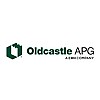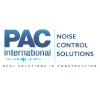Acoustic and Sound Control Design Solutions - North America - Free Live Interactive Webcast
Acoustic and Sound Control Design Solutions - North America - Free Live Interactive Webcast
Event Info
March 12, 2025
10:00 AM (CDT)
09:00 AM (MDT)
08:00 AM (PDT)
07:00 AM (AKDT)
05:00 AM (HAST)
03:50 PM (CDT)
02:50 PM (MDT)
01:50 PM (PDT)
12:50 PM (AKDT)
10:50 AM (HAST)
5 AIA HSW
2 GBCI (USGBC/CAGBC)
4 AIBC Core LU
4 AAA Structured LU
5 OAA, OAQ, SAA, MAA, AAPEI, NWTAA
2 Sustainable Design
5 AIBD Primary
1 Climate Action (OAA)
Day Program*
Welcome, Credits, and Certificates
Polyethylene: Sustainable Plastic for Exterior Acoustics
11:05 AM - 12:05 PM
This course includes a discussion of the strengths and weaknesses of polyethylene, the manufacturing process, sound attenuation properties and its environmental impact.
- AIA HSW # AcousticFence
- Provider: Oldcastle APG
- Presenter: Spencer Kelly
- Co-Presenter: David Etzkin Course Number: AcousticFence
Credits: 1 AIA HSW, 1 AIBC Core LU, 1 AAA Structured LU, 1 OAA, OAQ, SAA, MAA, AAPEI, NWTAA, 1 AIBD Primary,
Review of Session Code Process
Design Details for Good Acoustics: Part 1 - Walls
12:10 PM - 01:10 PM
Acoustical design requirements are frequently based on laboratory test data. Walls constructed in a lab for testing are built under ideal conditions and with high levels of precision. These walls also do not have any of the attachments or penetrations that are ubiquitous in real-world construction. Selecting a tested wall design that meets an STC requirement is not enough to provide adequate sound isolation in the real-world. To achieve good sound isolation it is imperative that designers understand how to treat the myriad of details that can compromise a wall's performance. These include: electrical boxes, hanging cabinets, window mullions, control joints, intersections, and more. In this presentation we: discuss why a detail is important for noise control, provide the acoustical impact of poor detailing based on test data (when available), and provide acoustical best practices for the details.
Prerequisite Knowledge:
A basic understanding of acoustic terminology such as STC ratings and of acoustical requirements in codes and guidelines.
HSW Justification:
The entirety of this presentation focuses on good design for acoustics. Good acoustic design is essential for minimizing noise transfer between dwelling units. In the paper “Health effects of annoyance induced by neighbour noise,” published in the Noise Control Engineering Journal, authors Christian Maschke and Hildegard Niemann state that “Adults who indicated chronically severe annoyance by neighbour noise were found to have an increased health risk in the cardio-vascular system, the movement apparatus, as well as increased risk of depression and migraine.” Furthermore, the authors state that “Neighbour noise induced annoyance is therefore a highly underestimated risk factor for healthy housing.” Annoyance from neighbor noise can at least in part be addressed through better sound isolation between dwelling units. This presentation focuses on the construction details that are essential to achieve good sound isolation in the real world.
- AIA HSW # PAC005
- Provider: PAC International
- Presenter: Mike Raley Course Number: PAC005
Credits: 1 AIA HSW, 1 AIBC Core LU, 1 AAA Structured LU, 1 OAA, OAQ, SAA, MAA, AAPEI, NWTAA, 1 AIBD Primary,
Break
Acoustic Door Assemblies and Their Role in Sound Control



01:30 PM - 02:30 PM
Sound control is a critical element to a building’s design. How an occupant will use the space must be understood in order to deliver a healthy and functional environment free of noise. Is speech privacy important? Is this a learning environment? Does the office open to a manufacturing floor? We all think of the walls, ceiling, and floor when discussing sound attenuation. But we must not overlook the importance of an acoustic-door assembly. Without the proper acoustic door, the sound-control goals in an acoustic plan may not be met. This course will review healthy sound levels and how to test and identify target STC ratings. We’ll discuss the elements of the acoustic-door assembly and how the assembly addresses fire-ratings and ADA compliance, contributes to LEED certification and green building, and provides security for classified files and electronic data.
- AIA HSW # AAD001-24 | GBCI (USGBC/CAGBC) # 0920030780
- Provider: Ambico Ltd.
- Presenter: Steve Peterman Course Number: AAD001-24
Credits: 1 AIA HSW, 1 GBCI (USGBC/CAGBC), 1 AIBC Core LU, 1 AAA Structured LU, 1 OAA, OAQ, SAA, MAA, AAPEI, NWTAA, 1 AIBD Primary,
Break
Approaches to Acoustic Lighting: One Solution for 2 Design Problems
02:45 PM - 03:45 PM
Acoustic lighting is a real thing, delivering real value. Learn why acoustic lighting is suddenly an important component of designing modern spaces. Topics include the trends driving the need for acoustic lighting, in particular the intersection of open concept spaces with designing for wellness. Also, basic acoustic design factors that influence the effectiveness of acoustic lighting, and different approaches to combining acoustics and lighting.
- AIA HSW # Cool400
- Provider: Cooledge
- Presenter: Clara Powell Course Number: Cool400
Credits: 1 AIA HSW, 1 OAA, OAQ, SAA, MAA, AAPEI, NWTAA, 1 Sustainable Design, 1 AIBD Primary,
Cork: Nature’s Regenerative Building Material



03:45 PM - 04:45 PM
The word sustainable is often used to describe building products, but few are more sustainable than cork. This course will dive deep into the Cork Oak tree, its regenerative bark, mindful harvesting, and its use in building products. We’ll review cork’s natural properties that make it ideal in the built environment, including moisture resistance, durability, and superior acoustic control. This course will examine the use of cork in flooring underlayment as an example of its ability to reduce impact sound in ceiling/flooring assemblies. Lastly, we’ll address cork’s contribution to a circular economy and review its lifecycle stages from its responsible forestry at raw materials to its end-of-life where cork products can be recycled into new products.
- AIA HSW # CorkRegen27 | GBCI (USGBC/CAGBC) # 0920030806
- Provider: Amorim Cork Solutions, LLC
- Presenter: Rick Loomis Course Number: CorkRegen27
Credits: 1 AIA HSW, 1 GBCI (USGBC/CAGBC), 1 AIBC Core LU, 1 AAA Structured LU, 1 OAA, OAQ, SAA, MAA, AAPEI, NWTAA, 1 Sustainable Design, 1 AIBD Primary, 1 Climate Action (OAA),
End
Download program Add to Google Calendar/iCal Share
*This Agenda is final but is subject to updates, additions and changes.
Additional Information
Attention AIA Members - You can only take a course once in its lifespan (3 years) - Members may repeat a course, but no additional credit will be awarded.














